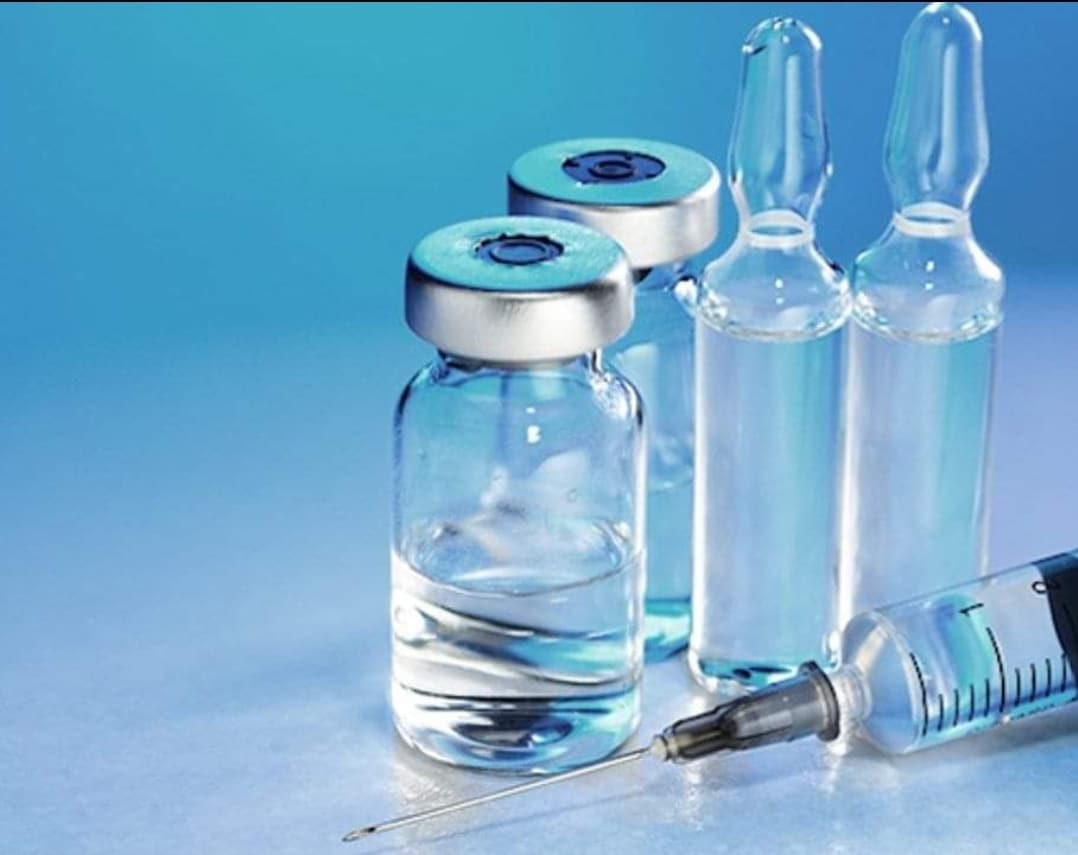USP Filter Compatibility Testing with Injections
In today’s highly regulated pharmaceutical landscape, ensuring product quality and safety is paramount. The USP chapter 788 on "Compatibility of Filters for Parenteral Products" sets stringent guidelines to ensure that filters used in the manufacturing process do not adversely affect the quality or integrity of injectable products. This service focuses specifically on testing the compatibility between various types of USP filtration membranes and the parenteral solutions they are intended to filter.
The primary goal is to identify any potential chemical, physical, or microbiological changes that could occur during filtration, which might compromise the safety and efficacy of the final product. Our team employs advanced analytical techniques to validate the compatibility between filters and injectable products under a range of real-world conditions replicating actual manufacturing scenarios.
The testing process involves several critical steps designed to simulate the entire manufacturing process as closely as possible. This includes:
- Preparation of the parenteral solutions using appropriate diluents.
- Filtration through selected USP filtration membranes under pressure conditions typical for industrial production.
- Analyzing the filtered solution for any detectable changes in parameters such as pH, osmolality, clarity, and sterility.
The results of these tests are compared against baseline data to ensure that no significant alterations have occurred during filtration. Compliance with USP standards is crucial not only for regulatory purposes but also to protect the reputation and market position of pharmaceutical companies.
Our team leverages state-of-the-art equipment and methodologies, ensuring precision and reliability in every test. This service is particularly important for manufacturers looking to ensure their products meet stringent quality assurance requirements across various markets.
In summary, USP Filter Compatibility Testing with Injections is a critical step in the development and production of injectable pharmaceuticals. By adhering strictly to USP guidelines, we help clients ensure product safety, maintain compliance with international standards, and ultimately enhance patient trust and satisfaction.
Benefits
- Ensures product quality and safety by identifying potential issues early in the development process.
- Aids pharmaceutical companies to comply with stringent USP guidelines for injectable products.
- Promotes consistent product performance across different filtration membranes used during production.
- Facilitates regulatory compliance, reducing the risk of recalls or non-compliance penalties.
Industry Applications
- Pharmaceutical manufacturers developing new injectable products.
- Companies looking to ensure long-term product stability and quality.
- Organizations aiming to meet stringent regulatory requirements for parenteral products.
This service is particularly beneficial for firms operating in the healthcare sector, where patient safety and product integrity are non-negotiable. By leveraging our expertise in USP Filter Compatibility Testing with Injections, pharmaceutical manufacturers can enhance their reputation and market position while ensuring they meet the highest standards of quality assurance.
Competitive Advantage and Market Impact
Compliance with USP guidelines is not just a requirement; it’s a competitive advantage. By offering comprehensive testing services that go beyond basic compliance, our clients gain a significant edge in the market. This service ensures they can confidently present their products as safe and reliable to regulatory bodies and consumers alike.
The reputation of having a product that meets USP standards is invaluable. It not only enhances trust among healthcare professionals but also fosters customer confidence. In an increasingly competitive industry, such a distinction can be the difference between market leadership and mere participation.
In addition, this service supports firms in navigating the complexities of global regulatory landscapes. By ensuring compliance at every stage of product development and production, our clients are better positioned to enter new markets without compromising on quality or safety.





